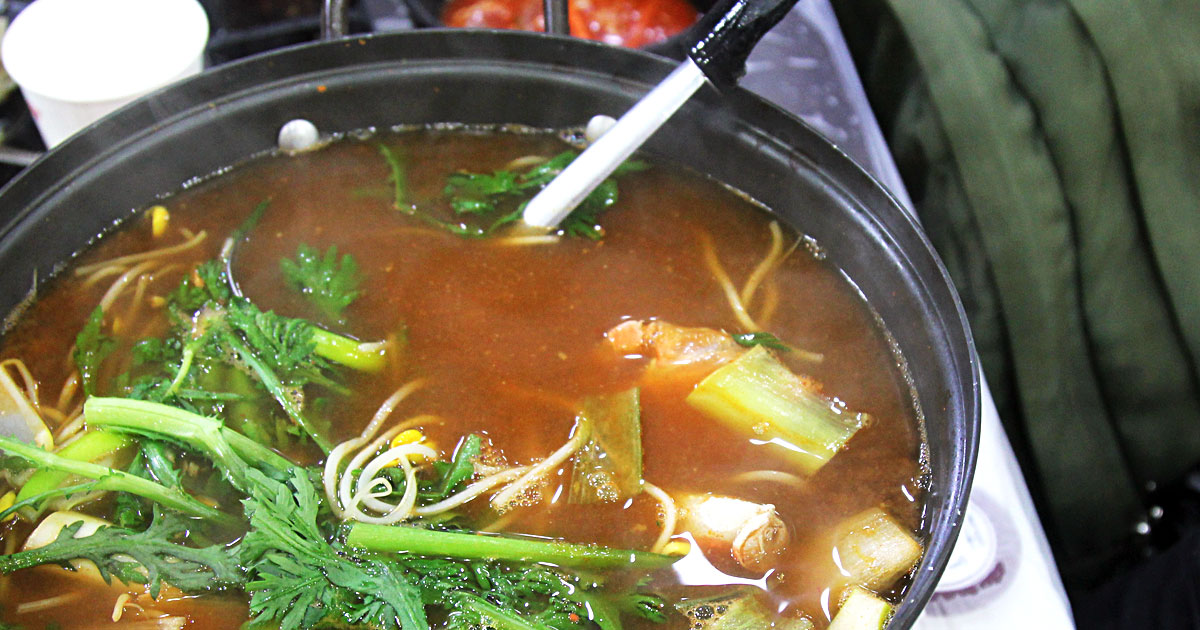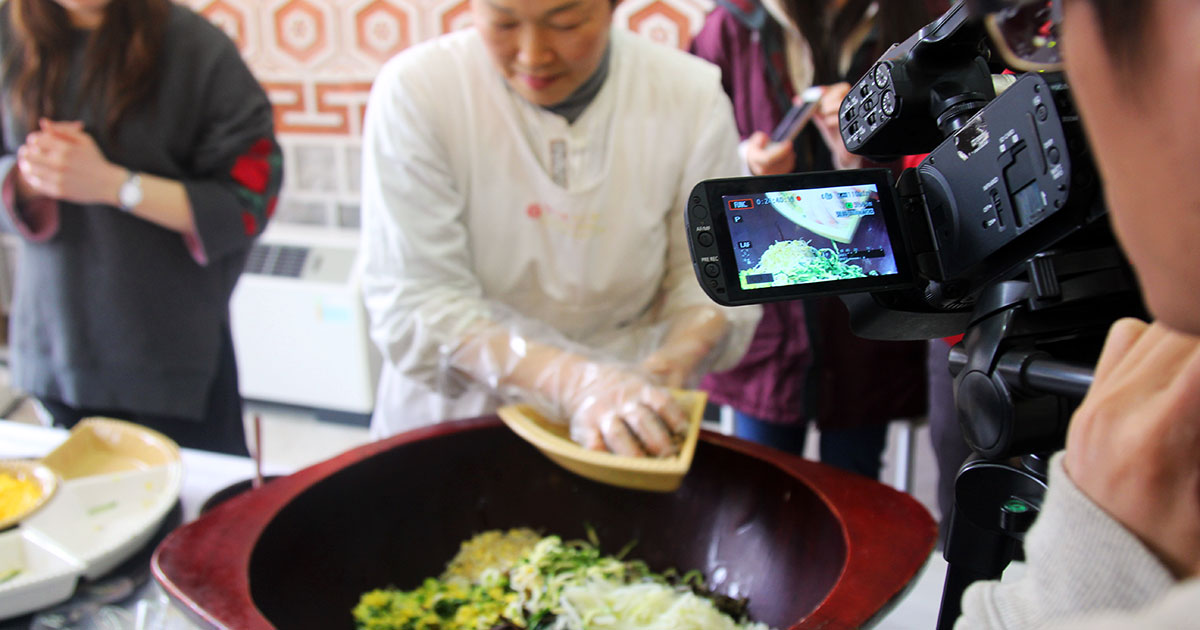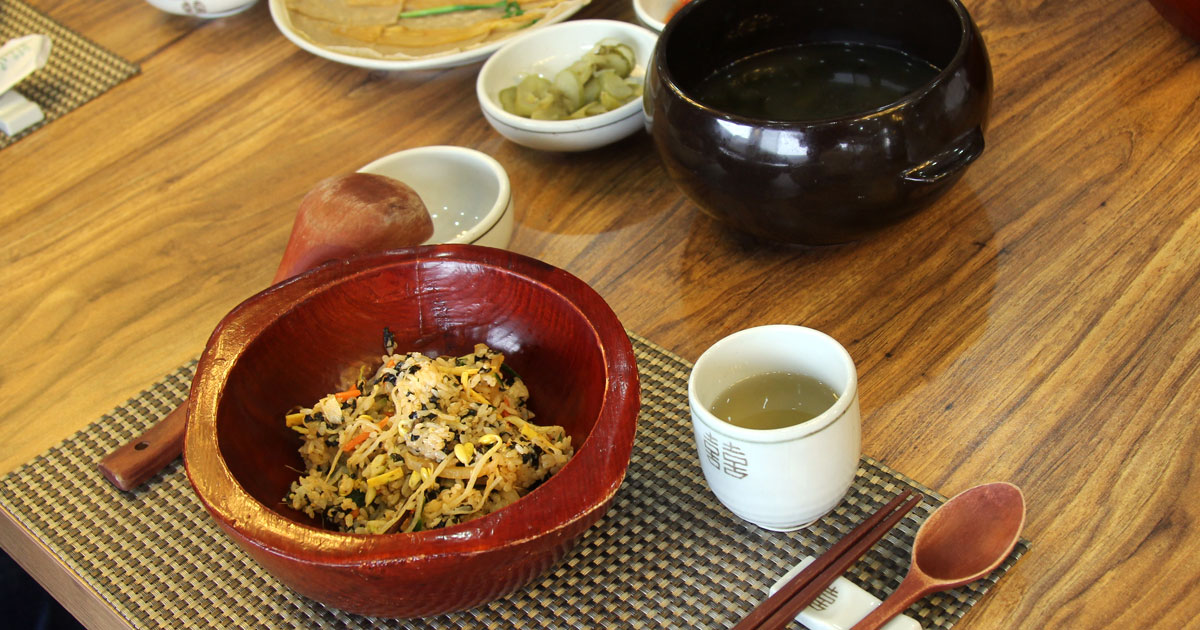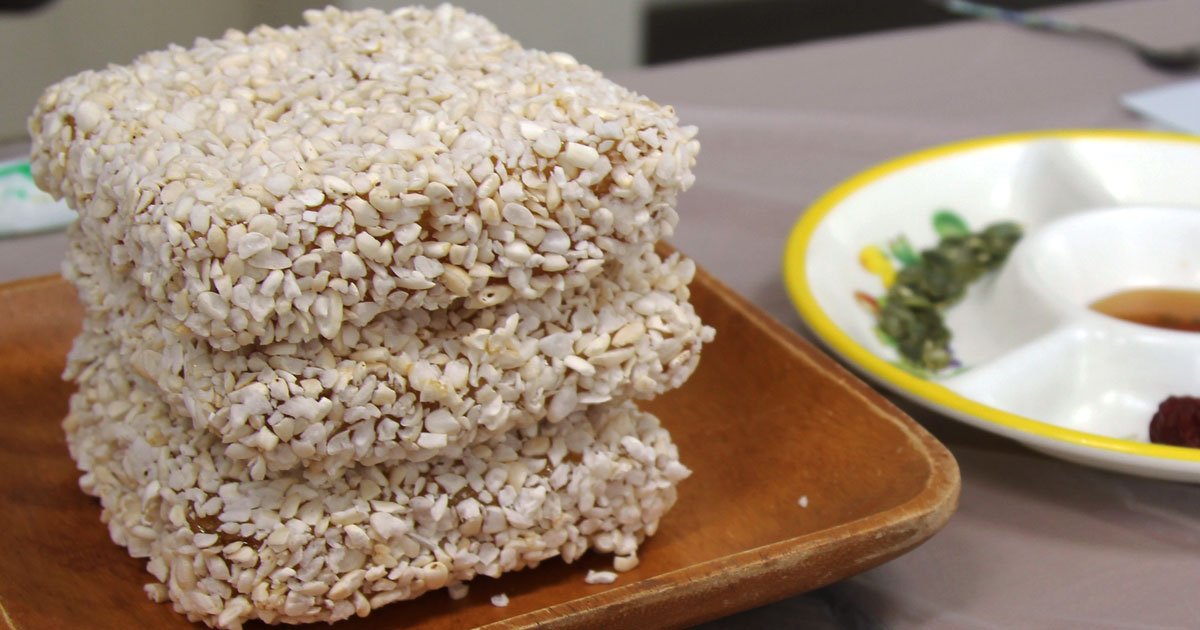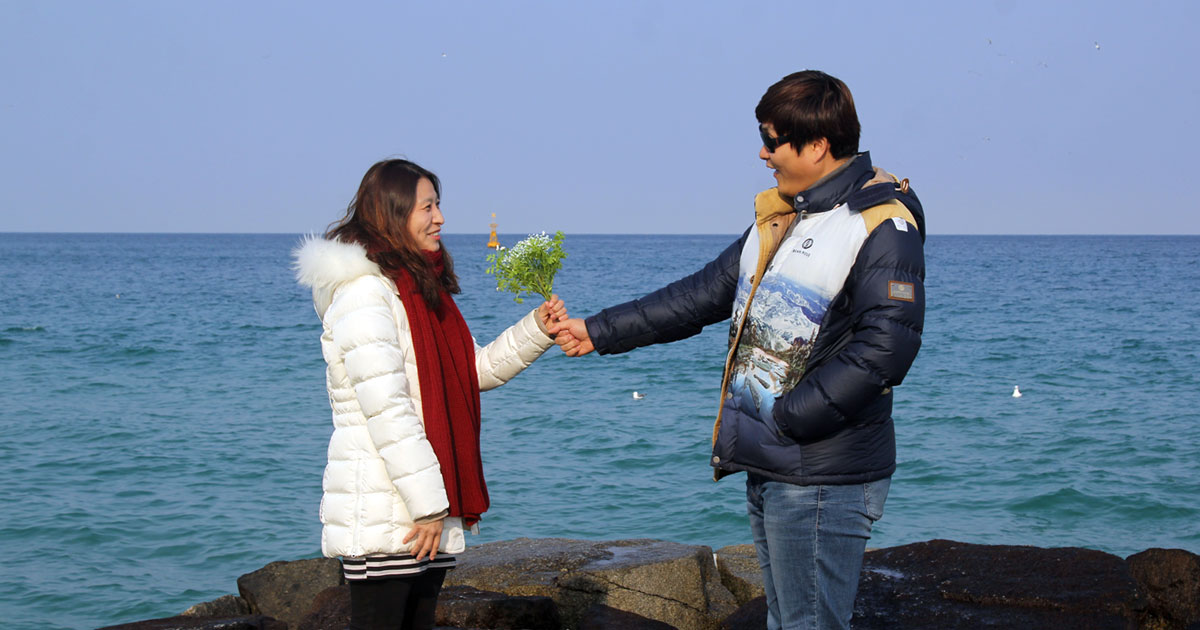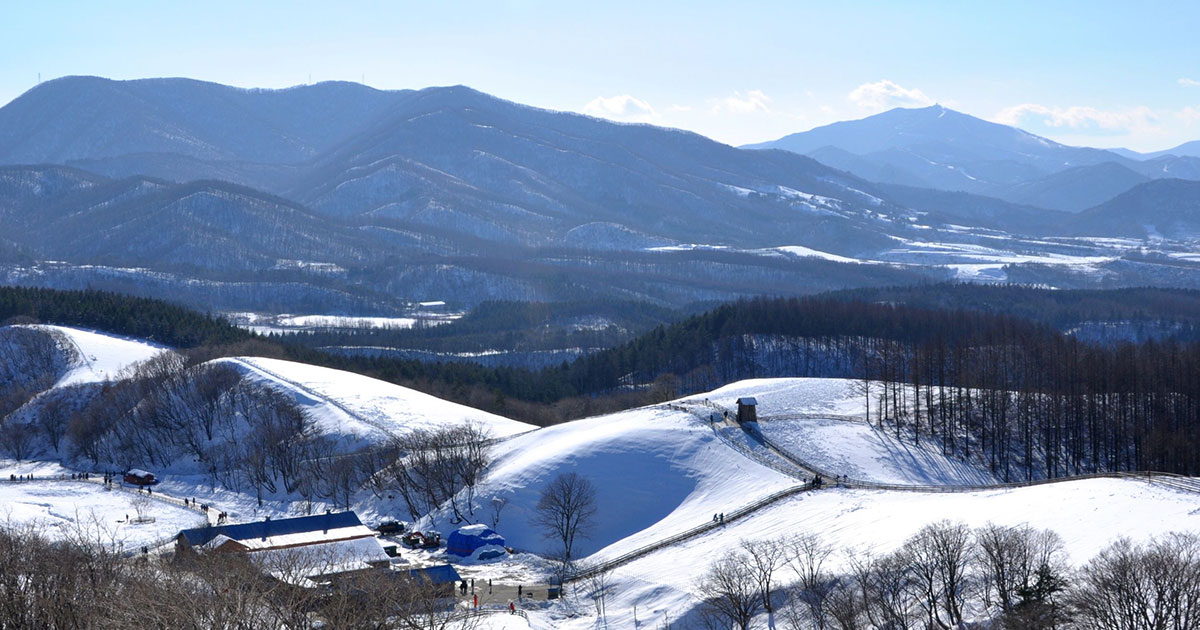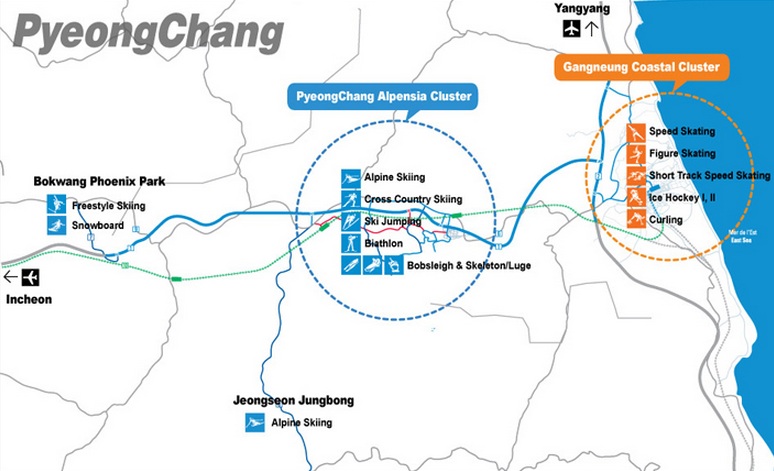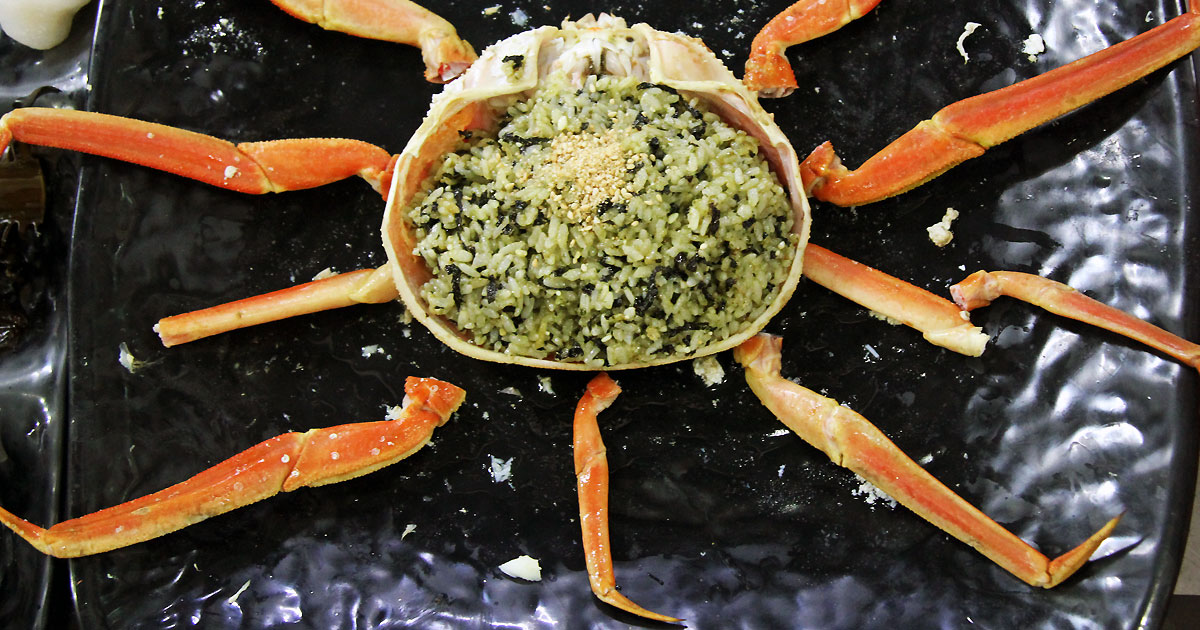
Fresh crab, bibimbap and crunchy Hangwa
For Malaysians, Korean barbecue and kimchi are probably be the first things that come to mind when discussing about Korean food.
These dishes are typical of many local restaurants in Klang Valley offering a taste of South Korea.
However, nothing beats an authentic experience and the upcoming Winter Olympics 2018 poses an opportunity.
While the focus of attention may be in the host city of PyeongChang, the wider province of Gangwon promises to offer a delightful culinary experience.
Being a thriving agricultural province with a coastline of over 200km, it has more to offer than the mundane, including an abundance of seafood.
One such gem of a restaurant is Daegewangguk.
Restaurant name: Daegewangguk
Address: 55, Saecheonnyeon-doro, Samcheok-si, Gangwon-do
Tel: +82-33-573-8185
Daegewangguk, literally meaning the Kingdom of Crab, offers a rich selection of crustaceans dishes.
At the restaurant, guests are greeted with a tray of nine kinds of appetisers, including fresh prawns, baby octopus, mussel and quail eggs.
A popular main dish here is its steamed red snow crab.
The shells of the palm-sized crabs are broken up and neatly placed on a plate, allowing diners to easily savour the succulent meat instead of having to deal with the hassle of a crab mallet.
The legs of the crabs are also removed and broken up and can be easily eaten with the aid of a scissor.
Another must have is its crab meat soup and crab shell fried rice.
Bibimpap-variety of vegetable
Away from the coast, the Taebaek mountainous region produces a variety of vegetables which are used in Bibimpap, a traditional Korean mixed rice.
Restaurant name: Jeong Gang Won (serves authentic Bibimpap)
Address: 21 Baekokpo-ri, Yongpyeong-myeon, Pyeongchang-gun, Gangwon-do
Tel: +82-33-333-1011
Similar to the ‘lousang‘ concept in Klang Valley back home, diners can mix the myriad of ingredients before tucking in. The ingredients include shredded mushroom, cucumber, turnip, carrot, bean sprouts, spinach and five other vegetables. They are simultaneously poured into a giant wooden bowl filled with rice, along with gochujang chili sauce and sesame oil. After being tossed around, the dish is completed with a seasoning of seaweed.
The restaurant only uses the freshest vegetables from the region and diners can savour in its crunchiness.
Diners with a penchant for spiciness can add on brown chili sauce.
Hundreds of Onggi earthenware can be seen in the dining hall, which is used by the restaurant to produce its own brown chili sauce, red chili paste and kimchi which complements the Bibimpap.
They come with side dishes including kimchi, pickled turnip and lotus root.
Hangwa dessert maybe?
After the scrumptious meals, diners may want try a traditional Korean dessert, the Hangwa.
Galgol Hangwa Village is well-known for this dish.
Restaurant name: Galgol Hangwa Village
Address: 446, Nodong-ri, Sacheon-myeon, Gangneung-si, Gangwon-do.
In Korean culture, Hangwa is a festival food, served in wedding receptions, parties and paying homage to ancestors.
In the past, it was considered a rare confectionery for commoners.
Choi Hyung Jun, a fifth generation owner of the restaurant, said the popular sweet was even banned during the 1960s to 1980s on grounds of saving rice.
“The government had difficulty taxing small businesses selling the sweet, so they banned it.
“My father had to sell it secretly,” he said.
These dishes and treat are only a taste of what the province of Gangwon has to offer for an authentic Korean experience.
This trip was sponsored by Gangwon-do Province and Korea Tourism Organisation



More on VOX KINI




